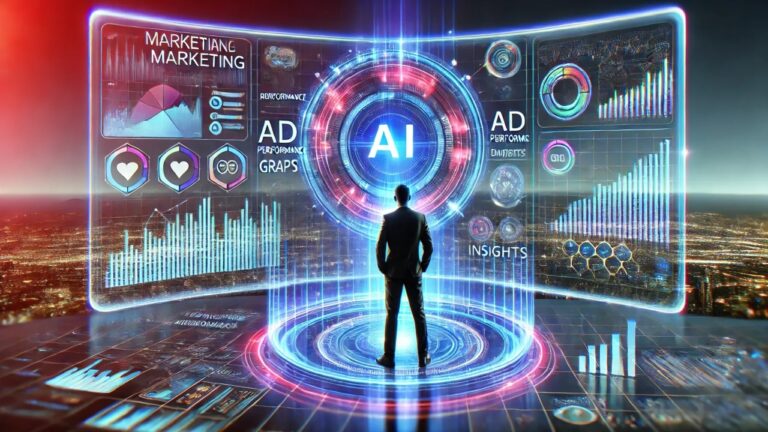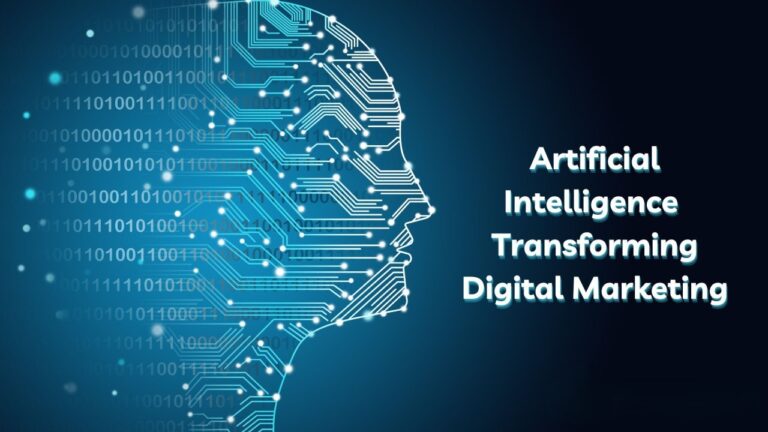
Today’s customers expect more than just generic messages. They want experiences tailored specifically to them. Hyper-personalization uses AI to deliver exactly that: highly individualized customer journeys, at massive scale.
What is Hyper-Personalization?
It goes beyond basic personalization. Hyper-personalization uses AI to:
- Deeply understand each customer by analyzing all their data (Browse, purchases, interactions).
- Proactively predict their future needs and preferences.
- Precisely deliver the right content, offers, or recommendations at the perfect time and place.
Imagine a personal assistant for every single customer.
How AI Powers It
AI is the engine behind this transformation:
- Data Analysis: AI processes huge amounts of customer data in real-time.
- Predictive Analytics: It predicts behaviors, like who might leave or what they’ll buy next.
- Dynamic Content: Generative AI creates personalized messages, ads, and even visuals.
- Next Best Action: AI recommends the most effective next step for each customer (e.g., an offer, an article).
- Real-time Interactions: AI-powered chatbots provide instant, personalized support.
- Automated Journeys: AI orchestrates seamless, personalized experiences across all channels.
Real-World Impact
Brands like Amazon, Netflix, and Spotify are masters of hyper-personalization, using AI to recommend products, shows, and music specifically for you, driving massive engagement and loyalty.
Key Benefits
- Increased Customer Satisfaction & Loyalty: Customers feel valued and understood.
- Higher Conversions: Relevant offers mean more sales.
- Efficient Marketing: Reduced wasted ad spend.
- Proactive Problem Solving: AI can identify issues before they become problems.
Important Considerations
While powerful, implementing hyper-personalization requires careful management of:
- Data Privacy: Ensuring secure and ethical use of customer data.
- Data Quality: AI needs clean, accurate data to perform well.
- Avoiding “Creepy” Factor: Don’t be intrusive; be helpful.
- Human Oversight: AI enhances, but doesn’t replace, human empathy and strategy.






